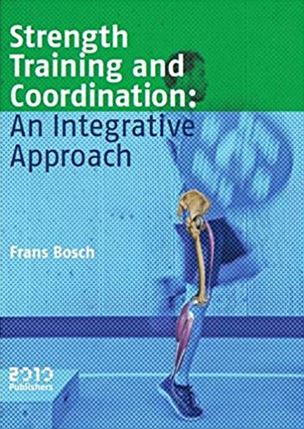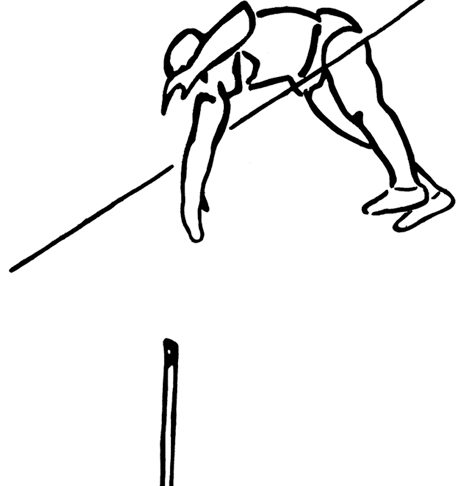
There is no introduction needed for Frans Bosch. Google and find.
This book’s level is quite high. You need a lot of basic knowledge about natural sciences and the science of training in sports.
Possesing the previous knowledge, it is a relevation. In my career as a coach I would identify this book as the most important milestone in my learning curve. It has changed profoundly my view of what coaches do, want to effectuate and expect from their trainingplans.
I read the classic readings of training science, Weineck, Schnabel/Harre/Krug/Borde, Martin/Carl/Lehnertz, Hegner/Hotz/Kunz. Approaching this book having this basic knowledge (that as a matter of fact is partly utterly wrong according to Bosch’s conclucsions), you get a completely new perception of training in sports.
Who says, squats beeing usefull for a high jumper? Why train double leg exercices in track and field after all? Bosch challenges dogmas – and gives new answers.
An essential aspect Bosch is pointing out: Each muscle has his specific functionality, that evolved over hunderts of thousand years. For example the calves work isometric/reactively (together with the achilles tendon), the hip flexors work excentric/concentric. If we do train exercices not in coincidence with this functionality, there will be no success. Hamstring-Curls and calve-raises are according to Bosch a waist of time, these exercices change the mode of operation of the muscles in the wrong direction, an athlet does have no benefit from. There’s close to a tonne of force applied to the calves and the achilles tendon in one leg jumping, a force never even closely matched in calve-raises, not even a factor 3 smaller (who does one-leg-calve-raises with 550 pounds?). Calves do not have to lengthen and shorten, they do have to resist, while the tendon works as a spring. Calves get „slow“, if we train them to shorten against a force of only 200 pounds.
Another important point is the statement, that our body generally has no interest to become world champion in a certain sports. Primarily target of the organism ist to survive until reproduction. Learning a movement ist a complex process. Motor learning is not linear therefore.
If you check your training schedule according to the principles of Bosch, if you sort out unnecessary and ineffectively exercices, you get more efficient and more healthy training schedules.
I can recommend this book to every experienced coach.
You should not expect practical advices or exercices. There are examples in this book, but the book is about principles – like philosophy for sports.
Having a profound experience in coaching you read this book and change or optimise your training schedule. If you got only little experience this book will be exasperating because you don’t know daily track and field training and therefore you cannot apply Bosch’s principles and ideas for your daily training.
